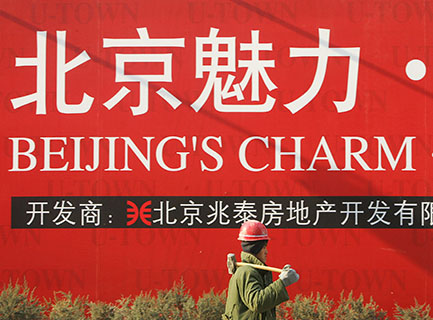Global growth "made in Asia"
Search by
Video
Folder


Asia has become the engine of global growth. Driven by strong growth in India, South Asia remains the most dynamic region in the world